Visa tech claims $1.5 billion fraud savings
Visa believes its updated fraud detection technology will provide some big returns.
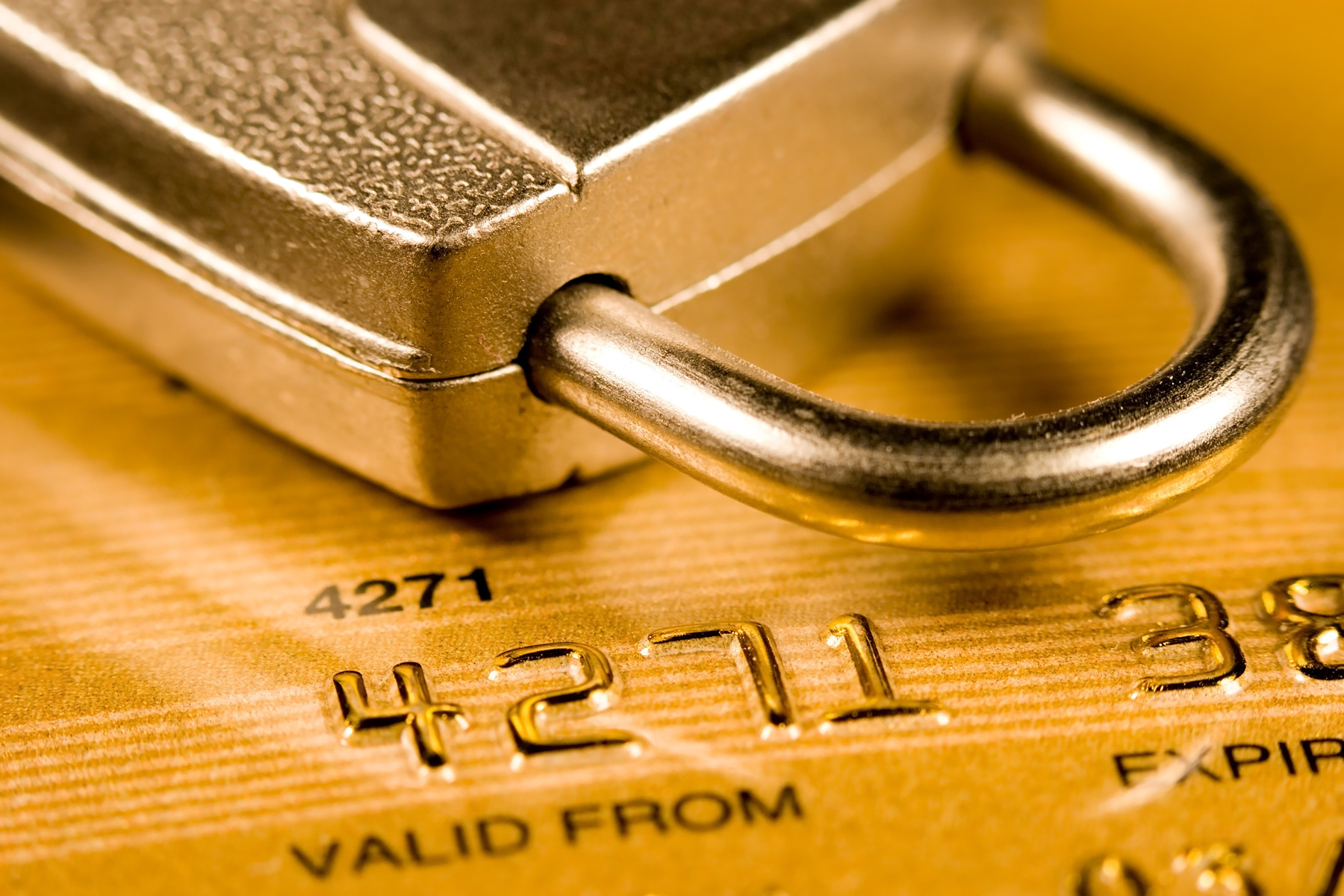

Visa has introduced technology which it believes could save an extra $1.5 billion (968 million) in fraud losses.
A major update of the Visa Advanced Authentication, a real-time risk scoring technology, should improve overall fraud detection by around 29 per cent, the credit card giant said.
Detection of the riskiest transactions has been improved by a whopping 122 per cent, according to Visa.
In particular, the updates mean the detection systems can better identify "high-speed fraud" where criminals try to make numerous transactions in one fell swoop.
The enhancements come thanks to tweaks in fraud detection algorithms and better architecture to allow for wide-scale analysis of even highly complex transactions, all in real time, Visa said.
"The growth of digital currency has yielded vast benefits to consumers, merchants and entire economies around the world," said Jim McCarthy, global product executive at Visa.
"Continued success requires that every time a consumer uses their Visa card, there's confidence that the purchase will be convenient and secure."
Get the ITPro daily newsletter
Sign up today and you will receive a free copy of our Future Focus 2025 report - the leading guidance on AI, cybersecurity and other IT challenges as per 700+ senior executives
The improvements should help reduce the fraud rate even further, which has been flat within the Visa system since historic lows were seen in recent months.
"Visa's continuous investments in the most sophisticated fraud-fighting systems have helped us to stay a step ahead of the criminals," McCarthy added.
Visa determines risk scores by looking at a global view of fraud and spending patterns across the company's entire network.
No doubt Visa will be hoping to prevent cyber criminals using the Zeus Trojan as well, which has caused havoc for financial institutions in recent times.
The prevalent Trojan was ranked third in our top 10 threats for 2010.
Tom Brewster is currently an associate editor at Forbes and an award-winning journalist who covers cyber security, surveillance, and privacy. Starting his career at ITPro as a staff writer and working up to a senior staff writer role, Tom has been covering the tech industry for more than ten years and is considered one of the leading journalists in his specialism.
He is a proud alum of the University of Sheffield where he secured an undergraduate degree in English Literature before undertaking a certification from General Assembly in web development.
-
 Bigger salaries, more burnout: Is the CISO role in crisis?
Bigger salaries, more burnout: Is the CISO role in crisis?In-depth CISOs are more stressed than ever before – but why is this and what can be done?
By Kate O'Flaherty Published
-
 Cheap cyber crime kits can be bought on the dark web for less than $25
Cheap cyber crime kits can be bought on the dark web for less than $25News Research from NordVPN shows phishing kits are now widely available on the dark web and via messaging apps like Telegram, and are often selling for less than $25.
By Emma Woollacott Published
-
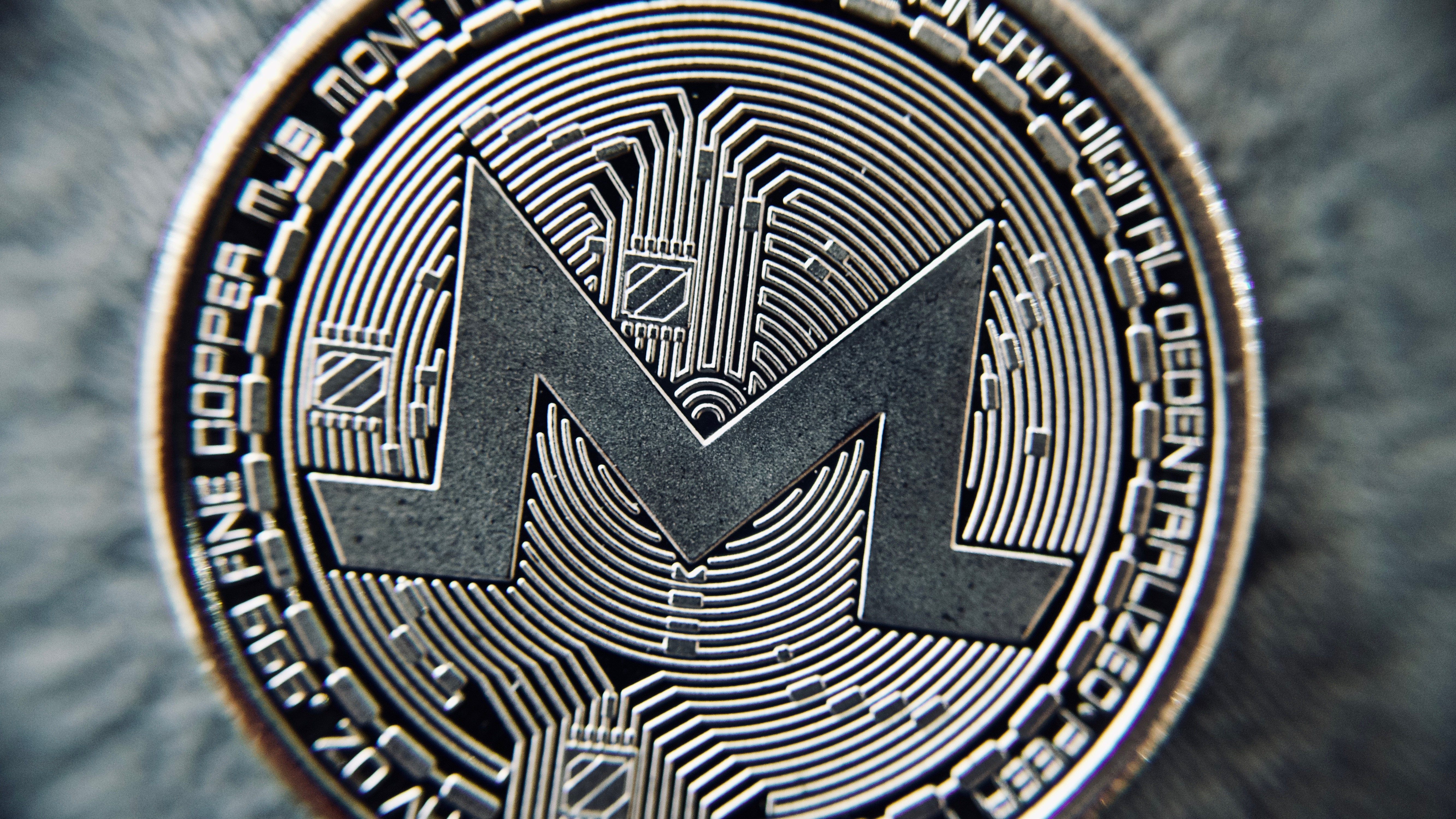 FBI warns scammers are using cryptocurrency ATMs to siphon cash
FBI warns scammers are using cryptocurrency ATMs to siphon cashNews Criminals will stay on phone with victims as they make payments, says advisory
By Danny Bradbury Published
-
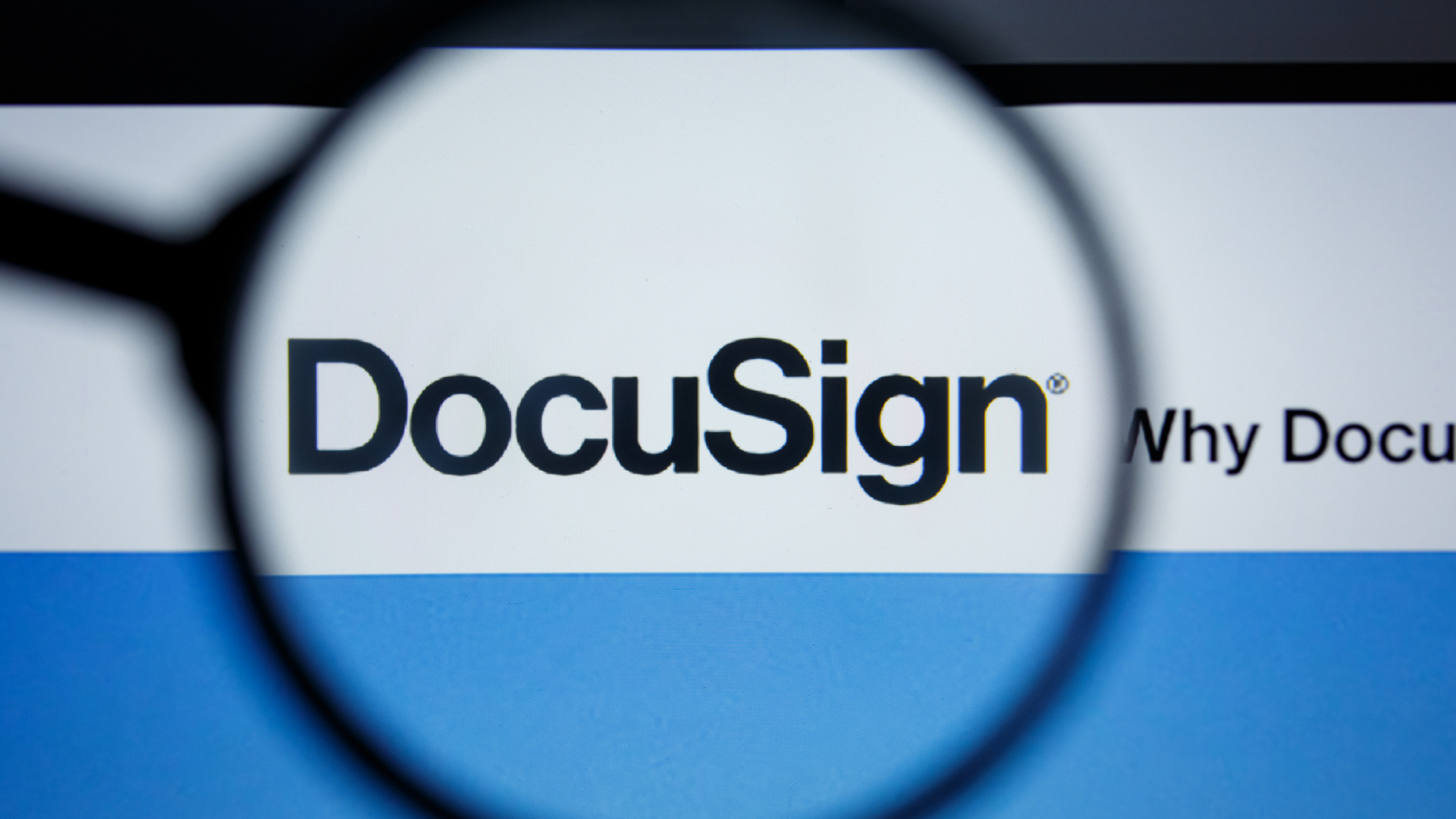 Hackers fake DocuSign and offer fraudulent signing methods
Hackers fake DocuSign and offer fraudulent signing methodsNews Criminals impersonate the e-signing company to steal credentials
By Rene Millman Published
-
 Account takeovers rise nearly threefold during pandemic
Account takeovers rise nearly threefold during pandemicNews Financial services hit hardest by account hijackers, says Sift report
By Danny Bradbury Published
-
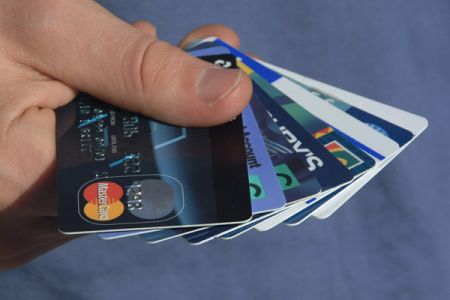 Cyber criminals leak one million credit cards on the dark web
Cyber criminals leak one million credit cards on the dark webNews Among the stolen hoard are customer details from US and Canadian banks
By Rene Millman Published
-
 SentiLink raises $70 million for its identity verification platform
SentiLink raises $70 million for its identity verification platformNews SentiLink’s ID Theft Score helps businesses combat synthetic fraud
By Praharsha Anand Published
-
 Content fraud levels continue to rise in 2021
Content fraud levels continue to rise in 2021News The pandemic has ushered in a new level of scams and misinformation
By Danny Bradbury Published
-
 What is DMARC and how can it improve your email security?
What is DMARC and how can it improve your email security?In-depth Protect your customers and brand rep with this email authentication protocol for domain spoofing
By Gabriella Buckner Published
-
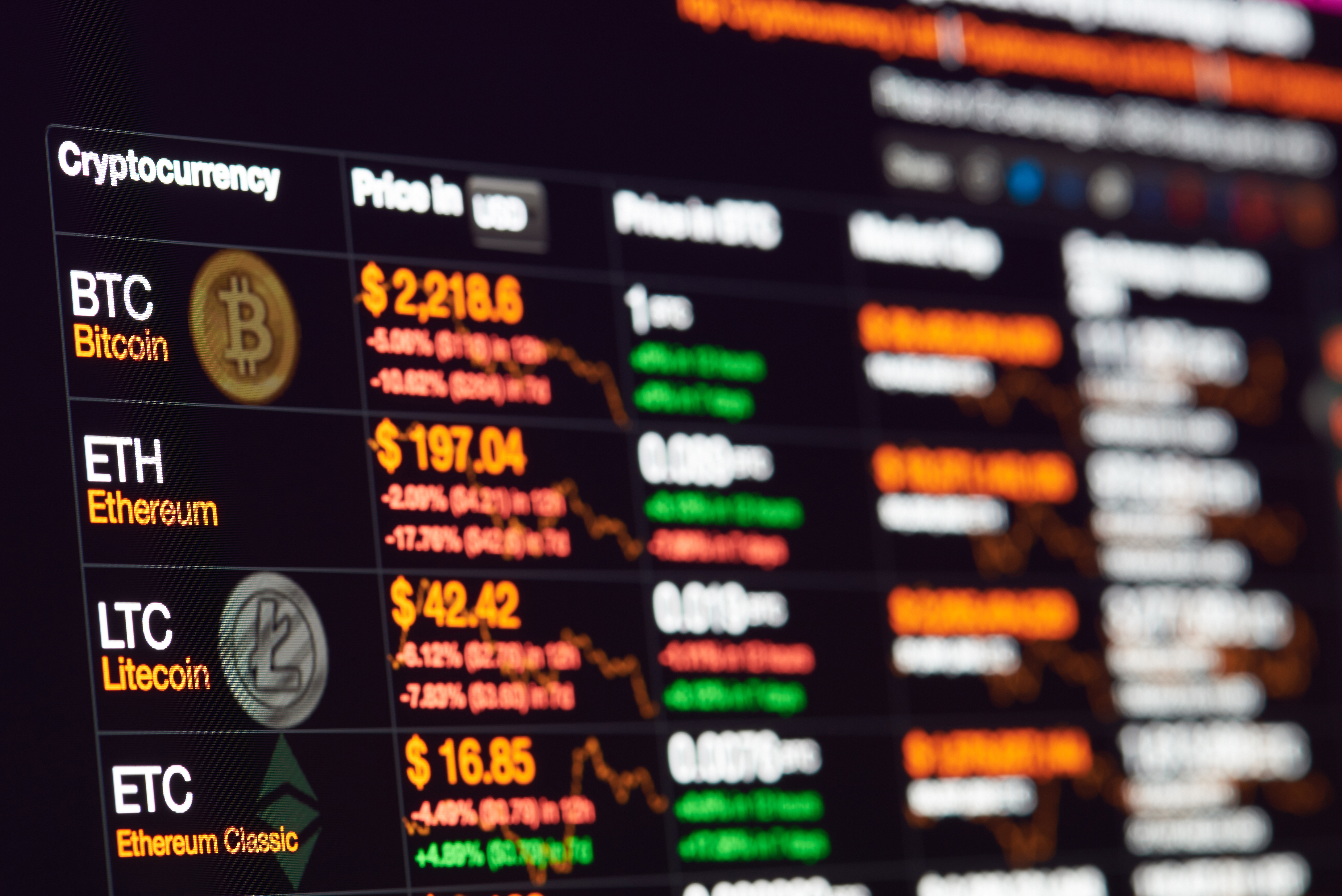 FTC warns of rising cryptocurrency fraud
FTC warns of rising cryptocurrency fraudNews Marked rise in cryptocurrency losses began just as pandemic took hold
By Danny Bradbury Published